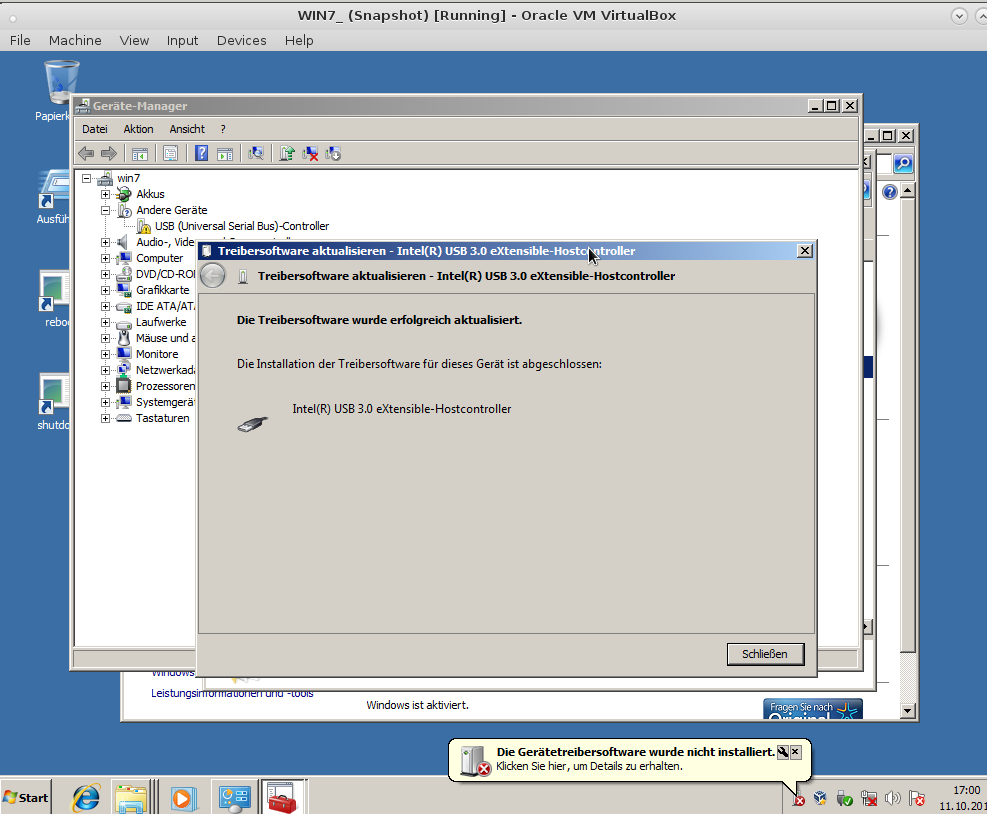


USB 3.0 host controller driver (Usbxhci.sys) The KMDF driver model reduces complexity and improves stability. Microsoft created the USB 3.0 drivers by using Kernel Mode Driver Framework (KMDF) interfaces. The USB 2.0 driver stack ships in Windows XP with Service Pack 1 (SP1) and later versions of the Windows operating system.

Windows loads the USB 2.0 driver stack for devices that are attached to eHCI, oHCI, or uHCI controllers. Windows loads the USB 3.0 driver stack when a device is attached to an xHCI controller. The diagram shows separate USB driver stacks for USB 2.0 and USB 3.0. The following figure shows the architectural block diagram of the USB driver stack for Windows. I can't find the right version of these drivers anywhere, and I had to revert to the buggy drivers.This article provides an overview of the Universal Serial Bus (USB) driver stack architecture. I installed a package with the Surface Pro 3 drivers from Microsoft, but that didn't seem to include USB drivers. It just killed my USB port and didn't want to work. Tried deleting the driver files to force Windows to re-download, but it couldn't find any drivers. The problem is temporarily gone, until it randomly starts again after some time. If I then scan for hardware changes, Windows re-installs the buggy drivers. However, in both cases, the problem is solved: "system" and "system interrupts" return to normal CPU usage. If I uninstall "USB Root Hub", everything under the "USB controller" node disappears except the "eXtensible Host Controller". If I uninstall the "eXtensible Host Controller" via Device Manager, the entire "USB controller" node disappears. I traced back to two drivers: "USB Root Hub (USB 3.0)" (usbhub3.sys) and "Intel(R) USB 3.0 eXtensible Host Controller - 1.0 (Microsoft)" (UsbXhciCompanion.dll and USBXHCI.SYS) Windows performance analyzer shows ACPI issue - screenshot here: WPA - ImgBBĥ. This doesn't happen on restart - just kicks in at some point and continues until I restart.Ĥ. Task Manager showed "System" using ~15% CPU and "System interrupts" another ~10%.ģ. Hello, any help with the below would be greatly appreciated.


 0 kommentar(er)
0 kommentar(er)
